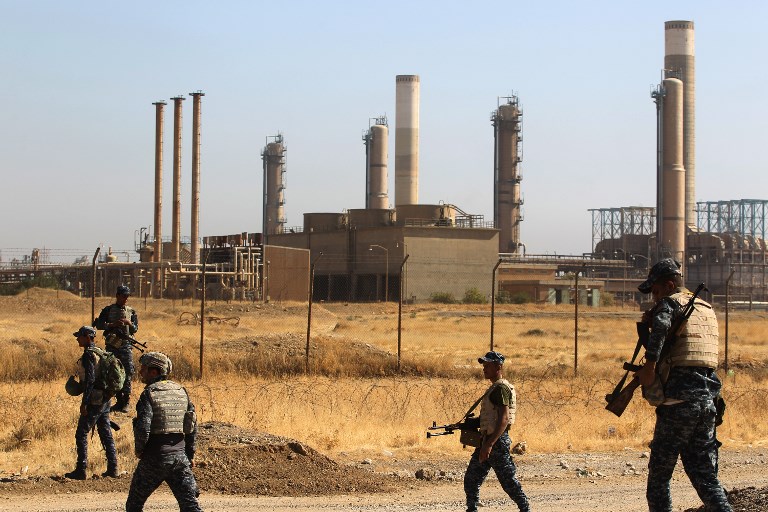
The memorandum of understanding was finalized by Iraq’s Oil Minister Hayan Abdel Ghani and BP’s CEO Murray Auchincloss. The agreement, announced by Prime Minister Mohamed Shia Al-Sudani’s media office, outlines plans for substantial upgrades to the Kirkuk, Bai Hassan, Jambur, and Khabbaz oilfields, all managed by the North Oil Company.
This collaboration marks a pivotal moment for Iraq's energy sector, aiming to address declining production rates and enhance operational efficiency. BP, a leading player in the global energy market, will bring its extensive expertise and technological advancements to these aging fields.
The Kirkuk oilfields have been central to Iraq’s oil industry for decades but have faced challenges due to underinvestment and operational difficulties. The partnership with BP is expected to inject much-needed capital and modern technology, potentially increasing output and extending the fields' lifespan.
The agreement is part of Iraq's broader strategy to attract foreign investment and modernize its oil infrastructure. With global energy demand rising and Iraq's significant oil reserves, the development of these fields is seen as crucial for the country's economic growth and energy security.
BP's involvement in Iraq is also noteworthy given the company's historical presence in the region. The oil giant has previously engaged in various projects in Iraq, contributing to the country’s energy sector while navigating complex political and operational landscapes.
The deal highlights the growing importance of international partnerships in Iraq’s oil industry. As Iraq continues to seek foreign investment, such agreements are expected to play a critical role in revitalizing the country's energy sector.
This collaboration not only signifies a boost for Iraq’s oil production but also aligns with global trends towards enhanced operational efficiencies and sustainable energy practices. As the project progresses, it will be closely watched by industry analysts and stakeholders, given its potential impact on both regional and global energy markets.
Topics
Live News
